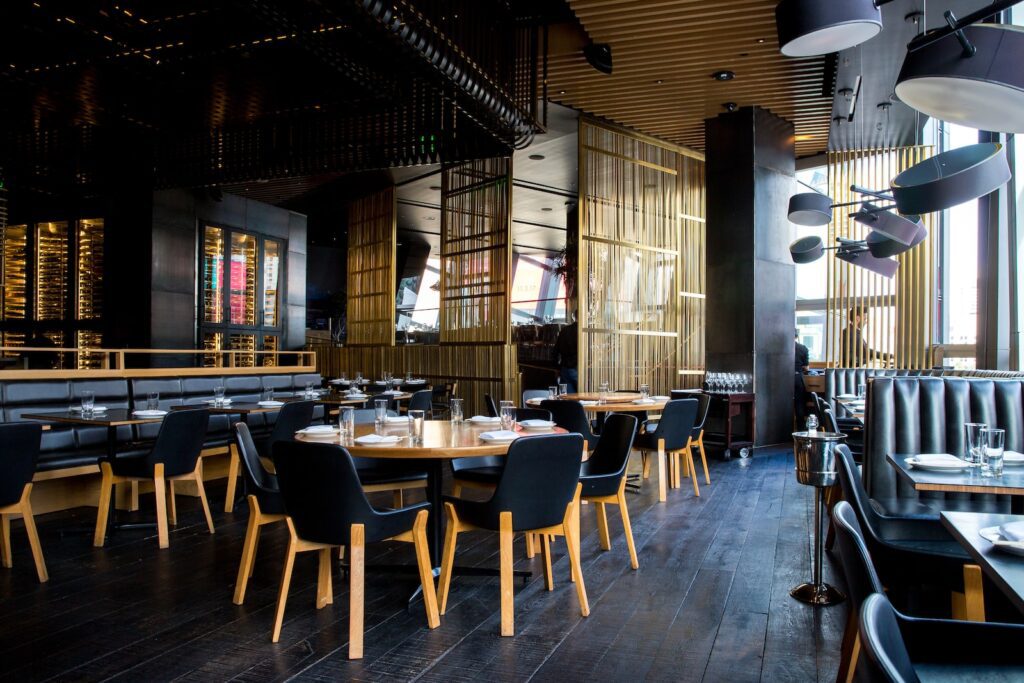Revolutionizing Restaurant Customer Service: The Impact of Virtual Agents
The restaurant industry is constantly evolving and seeking new ways to improve customer service. In recent years, virtual agents have become a popular solution for restaurants looking to enhance the customer experience and streamline their customer service processes. Virtual agents, or chatbots, are computer programs designed to interact with customers through voice or text. They provide quick and efficient responses to customer inquiries and can handle a variety of tasks, from taking orders to making reservations. In this blog post, we’ll explore the impact of virtual agents on restaurant customer service.
Efficiency at Its Best: How Virtual Agents Streamline Restaurant Customer Service
Virtual agents have revolutionized the way restaurants interact with their customers. According to a survey by Oracle, 80% of customers prefer using virtual agents over speaking with a live representative. Virtual agents provide quick and efficient responses to customer inquiries, and they’re available 24/7. This helps reduce wait times for customers and improves the overall customer experience. For example, Starbucks has implemented a virtual agent on its app, allowing customers to place orders and make payments with just a few taps.
Making Dining Easy: The Convenience of Virtual Agents in Restaurants
Virtual agents make it easy for customers to access information and complete tasks at their own convenience. With virtual agents, customers can order food, make reservations, and access store hours and directions without having to call or visit the restaurant. This increased accessibility leads to improved customer satisfaction. A study by Business Insider found that 63% of customers are more likely to return to a restaurant that has a virtual agent.
Streamlining Costs: The Financial Benefits of Implementing Virtual Agents in Restaurant
Virtual agents can help restaurants save time and money by reducing labor costs and improving efficiency. Restaurants no longer need to hire and train support staff, as virtual agents can handle a variety of customer service tasks. Additionally, virtual agents can increase revenue by improving customer satisfaction and promoting repeat business. A report by Accenture found that businesses using virtual agents can save up to 30% in customer service costs.
The Future of Restaurant Customer Service: The Rise of Virtual Agents
In conclusion, virtual agents have had a significant impact on restaurant customer service. They streamline customer service, enhance convenience, and save time and money for restaurants. Virtual agents provide quick and efficient responses to customer inquiries, increase accessibility, and improve customer satisfaction. Restaurants looking to stay ahead of the competition should consider integrating virtual agents into their customer service strategy. The future of virtual agents in the restaurant industry looks bright, and we can expect to see continued growth and innovation in this area.
Citations:
Oracle, “The Future of Customer Service Report: A Study of North American Consumers,” (2018). https://www.oracle.com/content/dam/insights/us/en/resources/future-of-customer-service-report-2018.pdf
Business Insider, “The Future of Food: How Technology Is Changing the Way We Eat,” (2018). https://www.businessinsider.com/the-future-of-food-how-technology-is-changing-the-way-we-eat-2018-9?IR=T
Accenture, “The Rise of Virtual Agents in Customer Service,” (2017). https://www.accenture.com/us-en/insights/customer-service/rise-of-virtual-agents-in-customer-service



